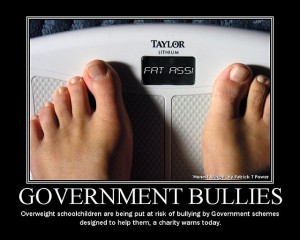Sickle-cell is an inherited disease. It is a blood disease caused by inheriting the gene from both your mother and father. A person is thus born with Sickle-cell disease.
You can be a carrier of the gene and not have the disease. If only one parent has the gene they can pass the gene on to their children. A child who inherits only one gene for Sickle-cell becomes a carrier of the disease but does not have the actual disease.
Sickle-cell is when the red blood cells are misshapen. Rather than round concave, convex smooth shape the red blood cells are in the shape of a sickle or half-moon.
This abnormal cell shape impairs the blood cells’ ability to carry oxygen throughout the body. The abnormally shaped cells can get stuck inside the blood vessels and cause intense pain throughout the body. When our organs such heart, liver, kidneys and our tissue in general does not get adequate oxygen it leads to very intense pain.
Sadly, there is no cure for Sickle-cell disease.
Some of the ways of managing sickle-cell disease:
- high fluid intake
- heathly diet
- folic acid supplements
- pain medication
- vaccination and antibiotics for the prevention and treatment of infections
- Blood transfusions when anemia is severe and life threatening
via WHO | Sickle-cell disease and other haemoglobin disorders.
Here are some things that you also might want to know about Sickle-cell disease:
1. Sickle cell disease is the most common genetic disorder in the United States. World wide it affects about 500,00 babies a year, about 100,0oo Americans have sickle cell disease. In the US as many as 2 million people carry the sickle cell gene.
2. Sickle cell disease is chronic but treatable and is not a death sentence. Sickle cell disease is a chronic illness and can be debilitating but with treatment people are living longer into their 40’s and 50’s. Twenty years ago, in many cases children did not live to be adults.
3. Sickle cell disease affects people of many different races. This is not an African-American disease…it affects other races as well, including Mediterranean, Indian, and Middle Eastern heritage.
4. Patients with sickle cell disease require comprehensive care. “A lot of day-to-day care can be done by a generalist,” says Dr. George Buchanan, professor of pediatrics at UT Southwestern Medical Center at Dallas. “But it is important to have a team of experts who work together and are in ongoing consultation with a large institution or center that specializes in sickle cell disease.”





